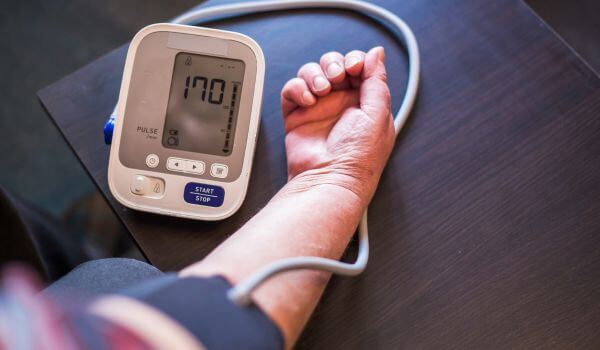Citalopram (citalopram hydrobromide) is prescribed for the treatment of depression and panic disorder. It belongs to a class of antidepressant medicines called selective serotonin reuptake inhibitors (SSRI). These medicines increase the levels of serotonin in the brain. Disturbances in the serotonin system in the brain are considered to be an important factor in the development of depression and related illnesses.
SSRIs work by preventing serotonin from being reabsorbed back into the nerve cells in the brain. This helps prolong the mood-lightening effect of any released serotonin. In this way, citalopram helps relieve depression, panic, and fear.
Dosage
Take Citalopram according to the doctor’s prescription instructions. The generally accepted dosage is:
- For the treatment of depression – 20 mg per day. The doctor may increase the dosage up to 40 mg per day.
- For the treatment of panic disorder – an initial dosage of 10 mg per day for the first week of treatment, after which
the dosage will be increased to 20 mg per day. The doctor may increase the dosage up to 40 mg per day.
- For people above the age of 65 or patients with liver function disorders, a reduced dosage is normally used.
Citalopram should be taken once a day, with or without food. The tablet should be swallowed with some water.
If a higher dose has been accidentally taken, it can cause symptoms such as convulsions, change
in heart rhythm, sleepiness, loss of consciousness, vomiting, tremors, a change in blood pressure, nausea, or serotonin
syndrome. In such an event, or if a child has accidentally swallowed the medicine, immediately refer to a doctor or proceed to a hospital emergency room and take the package of the medicine with.
This text is for informational purposes only. Please consult your doctor or pharmacist before using any medication.
The most common side effects that have been reported include:
- Somnolence, sleeping difficulties, or changes in sleeping patterns
- Headaches or migraine attacks
- Decreased body strength or weakness
- Excessive sweating
- Dry mouth
- Nausea, decreased appetite
- Anxiety, nervousness, confusion
- Abnormal dreams
- Reduced emotions, indifference (apathy)
- Tremors
- Tingling or numbness in the hands or feet
- Dizziness, problems with the ability to concentrate, memory loss
- Ringing in the ears (tinnitus)
- Palpitations
- Runny or stuffy nose, drooling
- Diarrhea
- Gastro problems like vomiting, constipation, abdominal pain, flatulence
- Itching, prickling in the skin
- Muscle and joint pain
- Reduced sex drive, problems with erection and ejaculation in men, difficulty reaching orgasm in women
- Tiredness
- Weight loss
These side effects usually disappear after a few days. If they persist or worsen or if a side effect not mentioned
is felt, consult with a healthcare provider.
Citalopram is a type of antidepressant known as a selective serotonin reuptake inhibitor (SSRI). SSRIs are used to treat low mood (depression) and panic disorder. It can also be prescribed off-label for treating alcohol use disorder, postmenopausal flushing, generalized anxiety disorder (GAD), obsessive-compulsive disorder (OCD), severe phobias such as agoraphobia and social phobia, bulimia, post-traumatic stress disorder (PTSD) and premenstrual dysphoric disorder.













